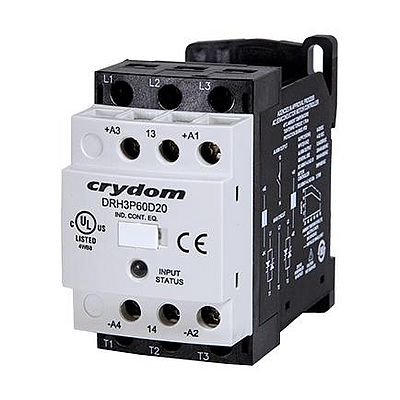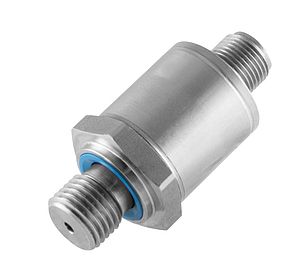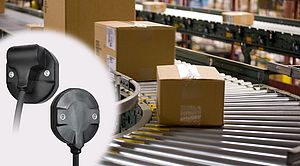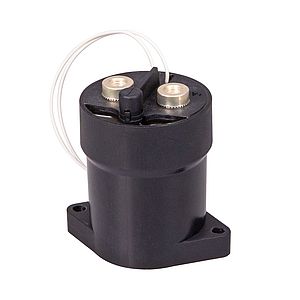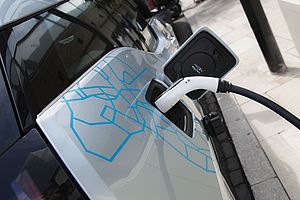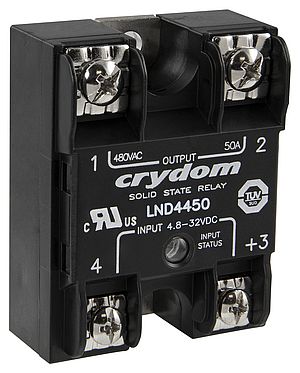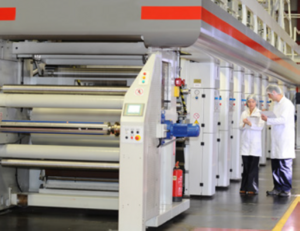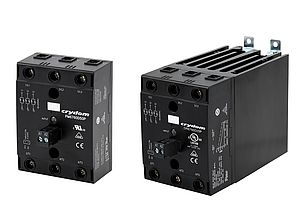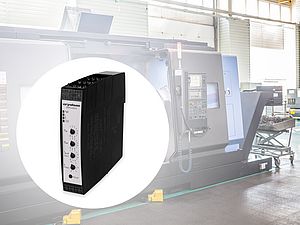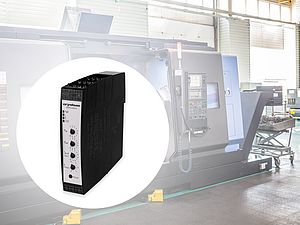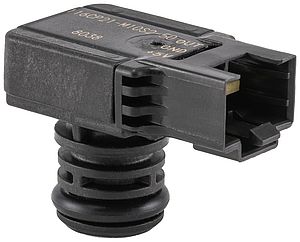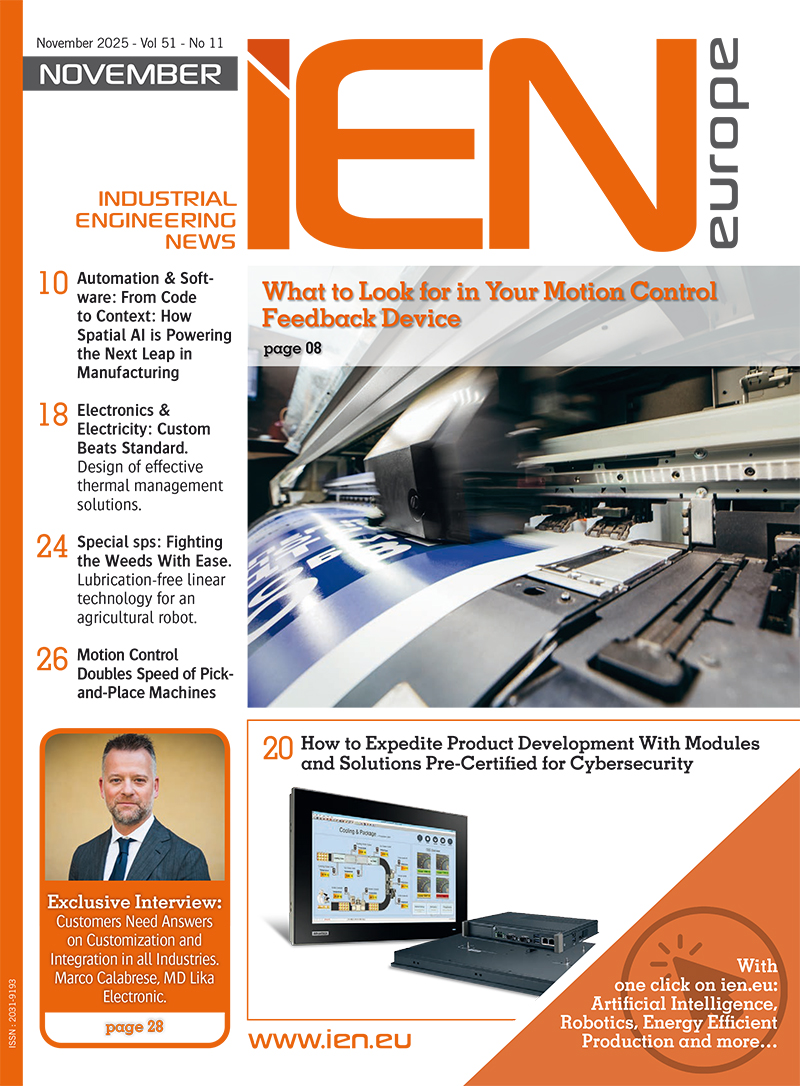Solid State Relays (SSRs) and Solid State Contactors (SSCs) are ideally suited for controlling dynamic loads such as motors, particularly where frequent or multiple start/stop cycles are required in an application. They have essentially the same functionally. The differentiation between them is that by definition a contactor must carry a motor control rating in HP or KW, whereas a similar solid state relay with a General Purpose rating may or may not carry a motor control rating as well. Aside from the evaluation (testing) process and the resulting approved ratings coordination, there is no difference between a Solid State Relay with and without a HP motor rating.
The proper selection of a Solid State Relay/Solid State Contactor to reliably start and stop a motor in each application requires an understanding of the demands placed on the Solid State Control by the motor and application. Motor Control ratings in Horsepower (HP) or Kilowatt (KW) available on many Sensata | Crydom Solid State Relays and Contactors simplify the selection process, but Solid State Relays with only General Purpose Ratings can also be used to control motors.
This whitepaper discusses the process that can be followed to select the correct Solid State Relay for motor control in those situations where Horsepower (HP) or Kilowatt (KW) ratings of the Solid State Relay may not be known or available.



